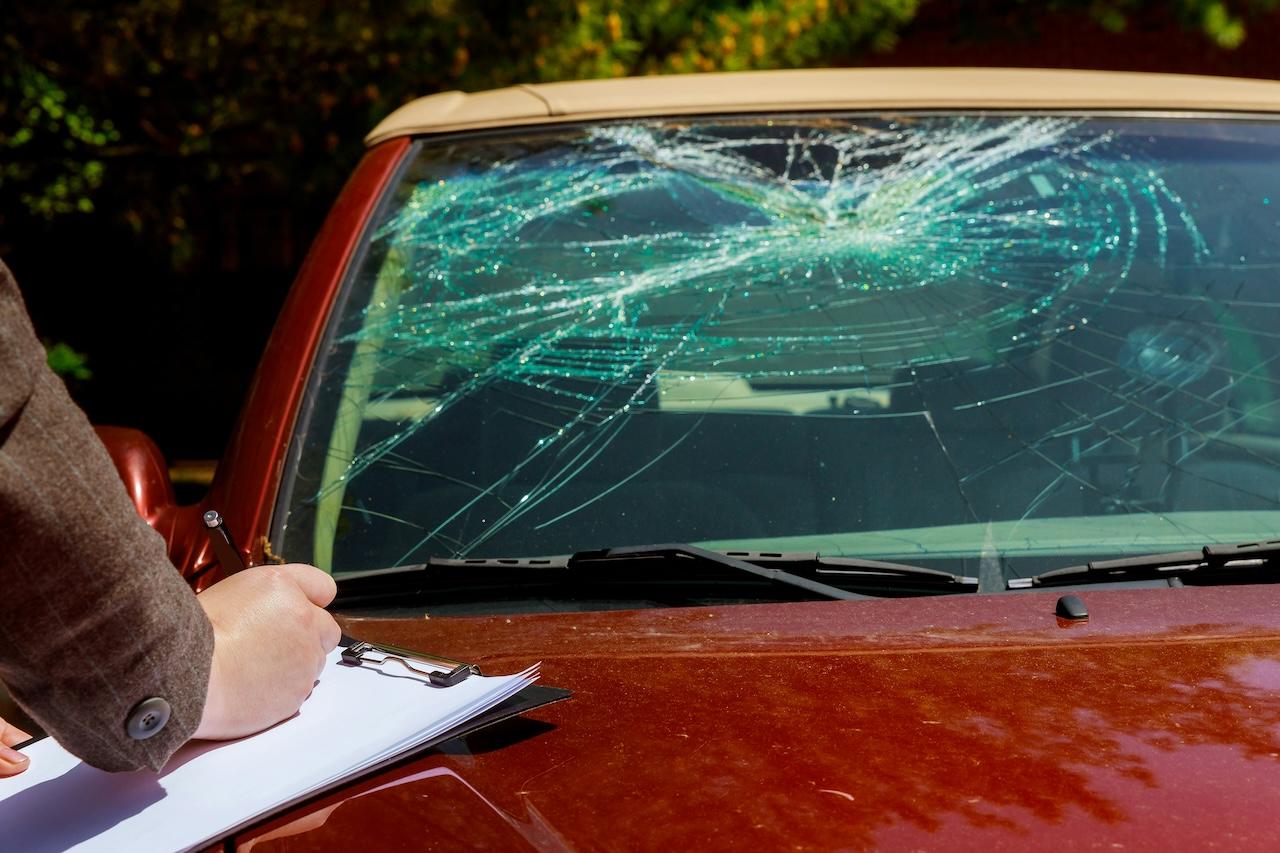Key Takeaways
- Seeking immediate medical attention protects your health and strengthens your insurance or legal claim.
- Strong evidence—including photos, records, and witness statements—is key to maximizing your compensation.
- A car accident lawyer can help you avoid costly mistakes and fight for the full value of your claim.
Under Florida’s no-fault insurance system, all insured drivers are entitled to personal injury protection (PIP) benefits regardless of who caused the accident. However, these benefits might not be enough to cover disabling or permanent injuries or expensive treatments. If you can prove the other driver’s negligence caused your serious injuries, you can file a lawsuit.
Winning car accident compensation from an insurance company using either a no-fault or fault-based claim requires evidence. Moreover, you must meet certain procedural requirements and deadlines for your claim to succeed. Thus, you should take the following steps regardless of whether you end up filing an insurance claim or a lawsuit.
How to Maximize Your Car Accident Settlement in Florida
The steps you take after a car crash can determine both whether or not you win a car accident settlement and how much you receive.
Get Immediate Medical Attention
You should promptly seek medical attention based on the severity of your injuries. Life-threatening injuries likely require an ambulance ride to the emergency room, but if you have minor injuries—or even no apparent injuries—you should still seek a medical evaluation to ensure you receive proper treatment and that no hidden injuries are missed.
Seeking medical care quickly is important for several reasons. First, you must visit a doctor within 14 days after the accident in order to receive reimbursement for your losses under your PIP coverage, Additionally, your visit to the doctor’s office, hospital, or clinic will generate medical records. These records will serve as evidence in your car accident lawsuit or insurance claim.
Lastly, receiving medical care as soon as possible helps you reduce the chance of facing an insurance claim denial. The longer you wait, the more difficult it can be to prove your injury was caused by the crash. Insurance adjusters may also use your delay to argue that your injuries are not severe and thus pay you less.
Gather Evidence
To win a lawsuit, you must prove both the other driver’s liability and your losses. Liability often arises due to a lack of reasonable care. Proving that the driver’s level of carelessness rose to negligence generally requires specific evidence. Some forms of evidence that can help your case include the following:
- Photos of the crash scene, including any skid marks left by the vehicles
- Photos of the vehicles showing their positions after the crash and the resulting damage
- Names and contact information of witnesses
You must also thoroughly document your expenses—along with any other non-financial effects you’ve experienced due to the crash. Below are some examples of evidence that can help prove your losses:
- Medical bills
- Wage records showing any missed income
- Receipts and credit card statements showing out-of-pocket costs
- Medical documentation, including expectations of future care needs
- Towing and repair bills and estimates
- A journal documenting the physical or emotional effects of the accident on your life
Be Careful What You Say
Even though Florida is a no-fault state, your words can still work against you—especially if your injuries are serious enough to file a claim against the other driver. In these cases, the other driver’s insurer could use what you say to shift liability to you. Some examples of statements to avoid include the following:
- Apologies
- Admissions of driving mistakes
- Lies and misrepresentations
Note that even seemingly harmless statements can be twisted in a way that you did not intend. For example, if you said, “I’m fine,” to try and reassure the other driver, the insurer might argue that the crash left you uninjured. If you have any doubts, err on the side of staying silent.

Think Carefully Before Accepting an Initial Offer
If the insurer accepts liability for your injury, it will offer a settlement to compensate you for your losses. While some settlements are fair, it isn’t uncommon for an insurer to make a low-ball offer. Keep in mind that once you accept a settlement, you generally cannot pursue further compensation, which is why you should always make certain you’re receiving the amount you deserve.
Why You Should Work With a Car Accident Lawyer in Florida
As you can see, there are many nuances to navigating the aftermath of a car accident. At Chiappetta Trial Lawyers, our team can guide you through each of the above steps and fight to maximize your recovery. Our car accident lawyers can:
- Identify the evidence needed to support your case and work with you to obtain it
- Calculate the full value of your claim, accounting for both financial and non-financial losses
- Communicate with insurers, from filing your claim to negotiating for the maximum possible settlement
If negotiations do not result in a satisfactory settlement, our team is fully prepared to file a lawsuit and represent you in court, fighting for the compensation you need to move forward.
Keep in mind that once you accept a settlement, you generally cannot pursue further compensation.
Fight to Maximize Your Car Accident Compensation With Chiappetta Trial Lawyers
When you suffer a serious injury or exceed your PIP policy limits after a car accident in Florida, you may be able to pursue compensation through a claim against the at-fault driver and their insurer. Our lawyers can advise you about your legal options and estimate how much compensation you can recover.
At Chiappetta Trial Lawyers, we have successfully resolved hundreds of personal injury cases in Florida and have built a reputation for trustworthy and skilled representation. Under Florida law, you have just two years to file a personal injury lawsuit based on negligence. Contact us now to start your car accident compensation claim.




